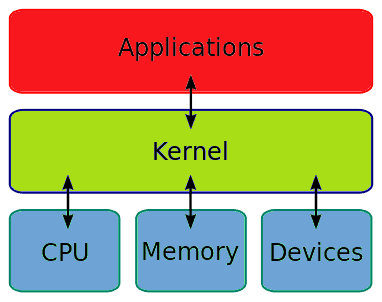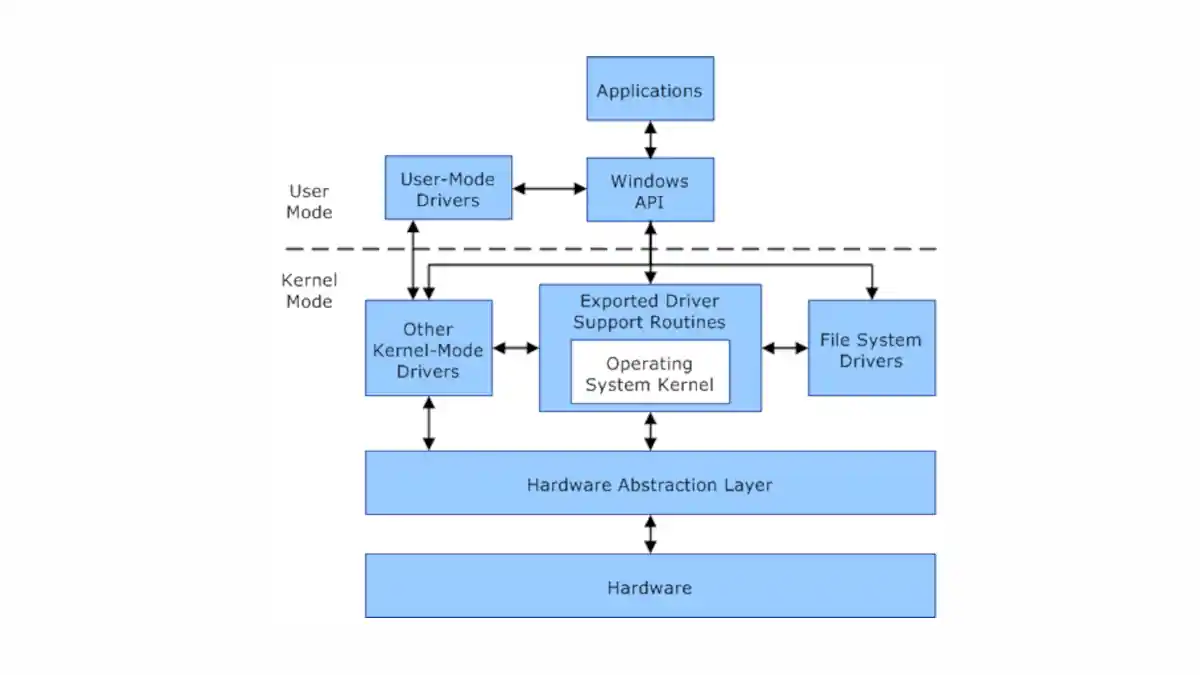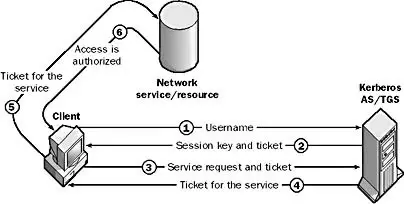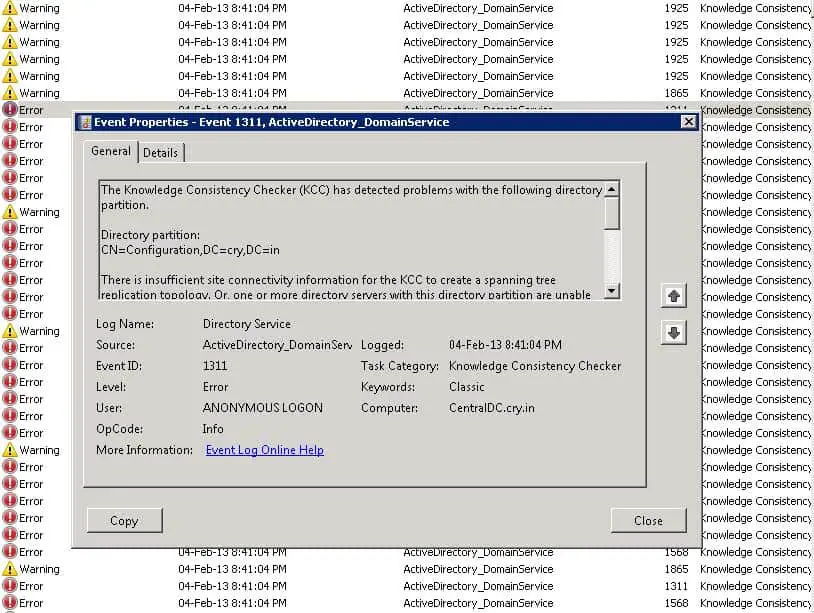Category: Letter K
-

Cross-validation and kNN Algorithm
Cross-validation and the k-nearest neighbors (kNN) algorithm are staples in the machine learning practitioner’s toolkit. Let’s explore their intricacies.
-

KVM Switch: Maximizing Workspace
This article is going to demystify the KVM Switch, explaining its functionality, types, benefits, and usage scenarios, making it an indispensable resource for anyone looking to enhance their multi-computer experience.
-

KornShell (ksh): Revolutionizing Unix Scripting – A Comprehensive Insight
Unveil the saga of KornShell: A Unix revolution! Dive into the genesis of shell scripting and its transformative journey with ksh.
-

Kernel
Kernel is the core services within an operating system. The term “kernel” is most often used in a UNIX environment and is contrasted with the term shell, which describes the outer portion of the operating system that is exposed to the user and provides a user interface for entering commands and receiving output. (In Microsoft…
-

Key in a Relational Database
Key in a Relational Database is a column (attribute) or group of columns (attributes) used to uniquely identify records in a table of a relational database such as those created and managed by Microsoft SQL Server.
-

Keyboard Emulator
Discover the historical role of Keyboard Emulators in server management. Learn what they were, why they were essential, and how tech advancements have rendered them obsolete.
-

Kernel Mode
Unlock the mysteries of Kernel Mode in Windows OS. Learn its functionalities, differences from User Mode, and its role in system performance and security.
-

Kerberos v5 Security Protocol
Kerberos Protocol is a method of securely authenticating users’ requests for access to services on a network.
-

Keepalives: Enhancing Efficiency
Keepalives is a feature of Hypertext Transfer Protocol (HTTP) version 1.1 that minimizes the number of connections that Web browsers need to make to access content on Web servers.
-

Knowledge Consistency Checker (KCC)
KCC is a utility built into the Exchange directory service of Microsoft Exchange Server that ensures consistency within the directory database.